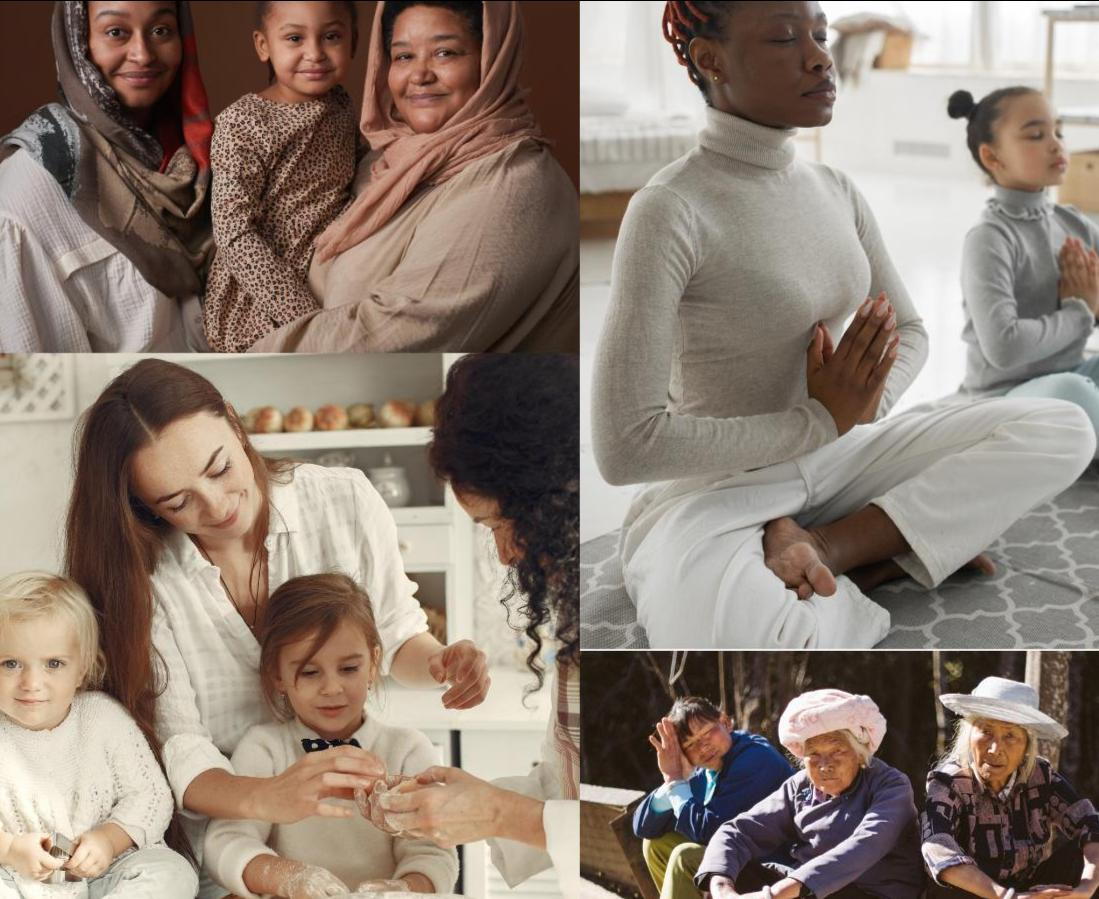
Generational Trauma; causes and treatment
I want to take a moment to discuss generational trauma, also known as intergenerational trauma or transgenerational trauma. As a psychotherapist, I have witnessed the profound impact of this phenomenon on individuals and families. However, many people may not fully understand what generational trauma is, how it affects people, and how to recover from it.
Generational trauma refers to the psychological scars passed down from one generation to the next as a result of traumatic events experienced by the people and communities in which we were raised. These experiences can include war, natural disasters, poverty, sexism, racism, oppression, and cultural upheavals. The emotions and struggles of the past can shape the way we think, feel, and behave today.
Generational trauma can have a wide range of impacts, including:
-Anxiety and depression
-Chronic pain
-Substance abuse disorders
-Post-traumatic stress disorder (PTSD)
-Low self-esteem
-Difficulty trusting others
It deeply affects both our physical and mental health, and creates challenges in our:
-Social interactions
-Emotional well-being
-For example, children raised in homes marked by violence or trauma may carry these unresolved issues into adulthood, -leading to difficulties in forming healthy relationships.
How can this be so?
Well, let's talk a little about how generational trauma is passed down or transmitted.
There is mounting evidence suggesting that traumatic experiences can leave lasting imprints on our genes, potentially impacting future generations.
Epigenetics delves into the study of gene activity changes that do not entail alterations to the fundamental DNA sequence. These changes involve chemical modifications to the DNA and its associated proteins, known as histones, governing the activation or deactivation of genes. Environmental factors, such as traumatic experiences, can influence these modifications.
Research (click to read more) has revealed that exposure to severe stress or trauma can induce epigenetic changes in specific genes responsible for regulating our stress response and emotional processing. Interestingly, these changes can be observed in the individuals who experienced the trauma, but intriguingly, some of these alterations may also manifest in their offspring, even if the offspring did not directly undergo the traumatic event.
Now, the good news is that healing from generational trauma is possible. With support, therapy, and time, we can break free from the cycle of pain and suffering caused by this historical trauma. Coping mechanisms can play a crucial role in this process. Identifying and acknowledging past traumas, learning about our family history, practicing self-care, and connecting with others who share similar experiences can all help in the healing journey.
If you or your loved ones are facing the effects of generational trauma, seeking professional help from a trauma therapist or mental health expert can be transformative. They can guide you through the complex emotions and work with you to find healing and growth.
Examples of generational trauma extend beyond what I've mentioned today. For instance, the lasting trauma of forced displacement due to conflicts, the emotional toll of cultural dislocation, and the enduring effects of economic hardships and social injustices can all be passed down through generations.
By addressing your own emotional and mental health wounds and challenges and by seeking support and community, we pave the way for a brighter future for ourselves and generations to come.